Children's Eye Health
Ninety percent of learning in young children comes through the senses. Eighty percent of all information processed by the brain is collected by the eyes, so having good vision is important for learning and improving poor vision can have a large impact on learning difficulties. Early detection of long-sightedness (hyperopia) is important in young children who are learning to read and optometrists are equipped to carry out the exams.
The importance of children's vision care
- How can poor eyesight affect my child?
Children learn mostly with their eyes. Clear comfortable vision is necessary for a child to learn successfully. Reading, writing, board work, computers - they are all hard work if you cannot see correctly. Many everyday tasks at school require seeing quickly and using visual information.
- My child seems to see well...
The board may still look clear and sharp even when a child is having problems with close work. A child who doesn't see the board clearly may not even think to complain because it may have always looked that way. Sometimes it is the amount of effort and work required to see clearly that causes the problems.
- Are learning difficulties and poor vision related?
Many children who have learning difficulties, especially with reading, have focusing problems. They may also have poor eye coordination. These can cause stress or fatigue when doing close work. Children with vision-related learning difficulties often see well in the distance. Near vision problems may not be detected, even by the screening programs in schools.
- What is involved in close work?
When reading, many processes need to work together. The eyes need to focus equally on the page and work together to prevent double vision. The eyes then need to be able to move quickly and accurately from word-to-word and line-to-line. The brain needs to interpret the images it receives to make sense of what it sees.
- What about eye coordination skills?
Clear eyesight helps in learning, but for close work, and particularly reading, other vision skills are needed. Children must have a variety of scanning, focusing, and eye coordination skills for learning. If these skills have not developed well, learning is stressful and difficult.
- What can parents and caregivers do?
If a child is having difficulty at school, parents, caregivers and teachers should consider undetected visual problems as a possible cause. A full and thorough eye examination by an NZAO optometrist is the most effective way of detecting and eliminating the possibility of visual problems.
If any of these symptoms relate to your child please have your child's eyes examined by an NZAO optometrist:
- Headaches
- Complains of not seeing clearly
- Rubs eyes
- Burning or itchy eyes
- Shuts one eye when reading
- Tilts the head at an angle to the book while reading
- Holds a book very close
- Moves the head sideways when reading
- Omits small words when reading
- Poor concentration
- Copies incorrectly from the blackboard
- Loses place when copying from other written material
- Misaligns digits in columns of numbers
- Avoids close work
- Becomes tired after close work
- Blinks excessively when doing near vision work, but not otherwise
- Reverses letters or numbers
- Writes up or down hill, with irregular letter or word spacing
- A history of eye problems in the family

